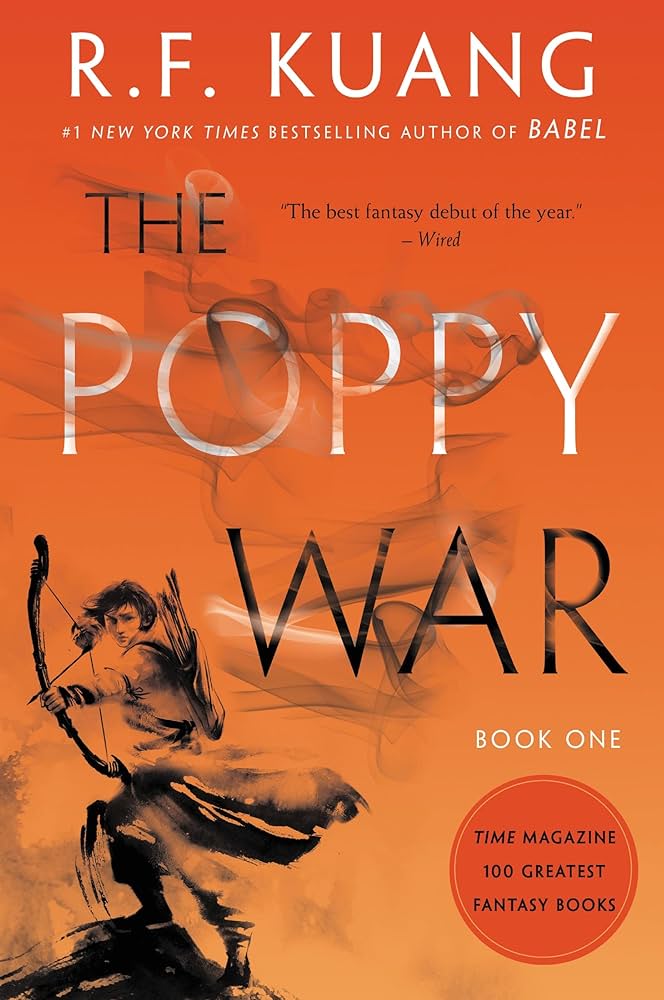never always started reading Games: Agency As Art by C. Thi Nguyen (Thinking Art)

Games: Agency As Art by C. Thi Nguyen (Thinking Art)
Games are a unique art form. Games work in the medium of agency. Game designers tell us who to be …
i mainly read non-fiction of a "trying to understand/overthrow capitalism" type, usually histories. in terms of fiction, my heart is primarily with sf (octavia butler and kim stanley robinson being my tops, i'd say).
perpetually frustrated i don't read more.
This link opens in a pop-up window

Games are a unique art form. Games work in the medium of agency. Game designers tell us who to be …

It has a dark past—one in which a number of humans were killed. A past that caused it to christen …

The white power movement in America wants a revolution.
Returning to a country ripped apart by a war they …

One of Time Magazine’s 100 Best Fantasy Books of All Time
“I have no doubt this will end up …

A week after her forty-first birthday, the acclaimed poet Anne Boyer was diagnosed with highly aggressive triple-negative breast cancer. For …

One of Time Magazine’s 100 Best Fantasy Books of All Time
“I have no doubt this will end up …

This is the memoir of an Irish language activist and former IRA prisoner who was intimately involved in the peace …

Won the 2020 Hugo for Best Novel. Ambassador Mahit Dzmare is posted far from her mining station home, to the …